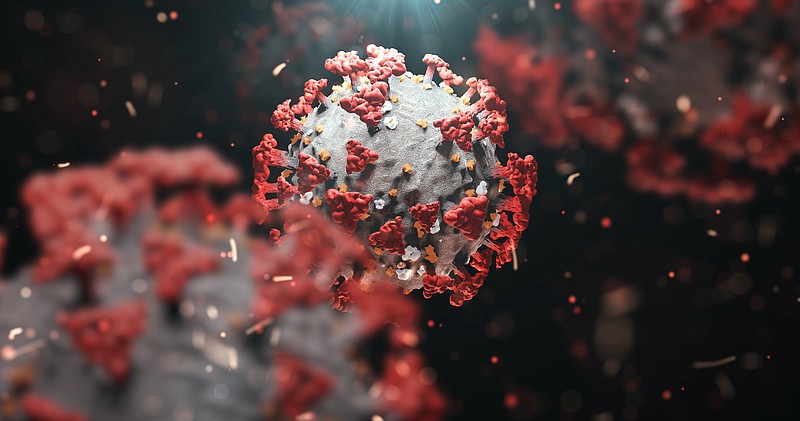Q: I am in my 20s, eat healthy and exercise every day. If I get COVID-19, am I at risk for any long-term problems?
A: The problems that some people have several months after having the initial infection are called post-COVID syndrome. These problems can last for weeks or even months after recovering from the initial illness and can even occur if you had mild symptoms and did not need hospitalization.
The most common long-term symptoms are fatigue, problems with sleep, trouble breathing, cough and chest pain. Some people report depression and problems with concentration and thinking (sometimes referred to as "brain fog.") Others may report muscle pains and fast-beating or pounding heartbeats. Some people even develop rashes and hair loss, according to the U.S. Centers for Disease Control and Prevention.
This syndrome is likely due to a number of different reasons, including damage of an organ during the initial infection, persistent inflammation after the body's initial response, ongoing damage from the virus or an inadequate antibody response. The CDC is continuing to investigate this post-COVID syndrome and will provide updates as new data become available.
It is difficult to know who will develop post-COVID syndrome, but a recent study published in the Journal of the American Medical Association reported that 30% of respondents had persistent symptoms. What is important to note, and to your question, is that being young and fit did not necessarily protect from developing post-COVID syndrome. Also important to mention is that some of the participants in this study did not have any symptoms.
This study is a reminder that being young and healthy does not guarantee that someone will not have problems after a COVID-19 infection. About half of Hamilton County's positive coronavirus tests occur in people between 20 and 50 years of age (with the highest positivity rate in the 20-to-30 age group). Although this group has less risk of death, long-term consequences are possible, and preventing the infection in the first place is essential. Following the CDC's guidelines on wearing masks, physical distancing and avoiding large crowds is the best prevention until vaccines become available for younger people.
Fernando Urrego, M.D. is the interim health officer at the Chattanooga-Hamilton County Health Department and a member of the Chattanooga-Hamilton County Medical Society.

